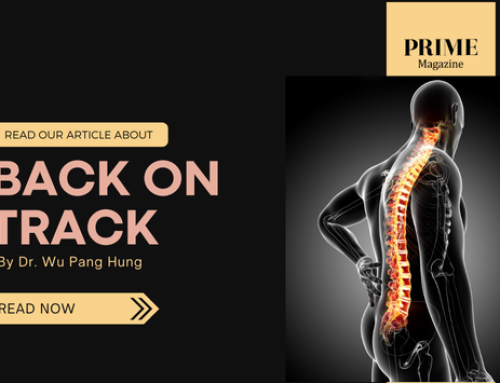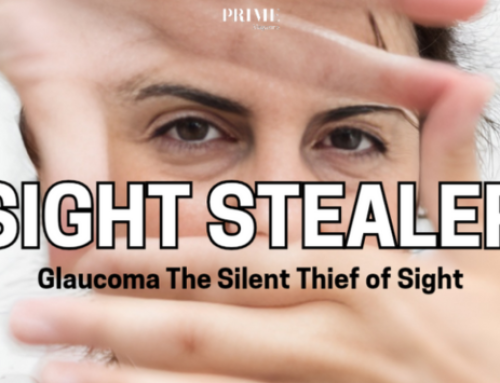Question:
I realise that there are some toothpaste products for people who have sensitive teeth. What type of teeth is considered “sensitive”? What should we do if we have sensitive teeth?
Answer:
If you experience short, sharp pain or discomfort when consuming food or beverages that are hot, cold, sweet or sour, or if you find yourself wincing when you brush or floss your teeth, chances are you have “dentine hypersensitivity”, or sensitive teeth.
One reason for sensitive teeth is that dentine or the tooth root has been exposed. Dentine is a soft layer that makes up the inner part of the tooth and its root. It has thousands of tiny tubes that are connected to the tooth’s nerve (the pulp) and is covered by a protective layer known as the enamel. Other factors which can cause sensitive teeth include:
- Gum recession
- Gum disease
- Tooth grinding
- Teeth whitening
- Acid erosion
- Cracked tooth
- Dental operations such as root canal treatment, filling, extraction or dental crown replacement
The good news is that there are several simple ways to solve tooth sensitivity:
- Use a desensitising toothpaste which can cover dentinal tubules, thus preventing the nerves from being stimulated. However, this may not work as well if used as a normal toothpaste. A desensitising toothpaste is more effective if you spread a thin layer of the paste onto the exposed tooth roots with your finger and gently massage the roots. It may take several weeks before the desired effect is achieved. This method is not recommended to be used for more than a month. If the situation worsens after applying the toothpaste, please visit your dentist for treatment.
- Use a non-alcoholic mouthwash with high fluoride content to help strengthen the enamel. The mouthwash should be used twice per day after brushing, including once before you go to bed at night.
- Use a softer toothbrush and do not brush too hard. Practise good oral hygiene to prevent problems such as periodontal disease, which can cause gums to recede.
- Avoid consuming acidic food such as fruit juice, wine, vinegar and soft drinks, as they can destroy the tooth enamel.
- If you have a habit of grinding your teeth while you sleep, please request for a mouth guard from your dentist and wear it before you sleep.
If your tooth sensitivity is extreme and still persists after following these simple steps, see your dentist to determine the cause of tooth sensitivity and find out the best solution for your problem. Depending on the cause of the sensitivity, some of the solutions your dentist will provide include covering the exposed root surface with fillings, applying fluoride varnishes on exposed roots to strengthen tooth enamel and reduce the sensations, or using dentine sealers to cover the exposed root surface.

Dr Raymond Lim has been at the forefront of patient-centric dental care services and professional expertise since 2005.
The National University of Singapore (NUS) alumnus who received a Bachelor of Dental Surgery (B.D.S) has advanced, with three years at National Dental Centre treating trauma and emergency patients and a two-year post at polyclinics as the overall in charge. His subsequent years in private practice have further spurred his passion in implantology; He was awarded Certification of Aesthetic Implant Dentistry from the University of Uclan (UK) in 2011.
With determined motivation to provide professional treatments with skill, precision and absolute dedication, he harnessed his years of experience in different sectors of the dental health industry to start his own practice.











